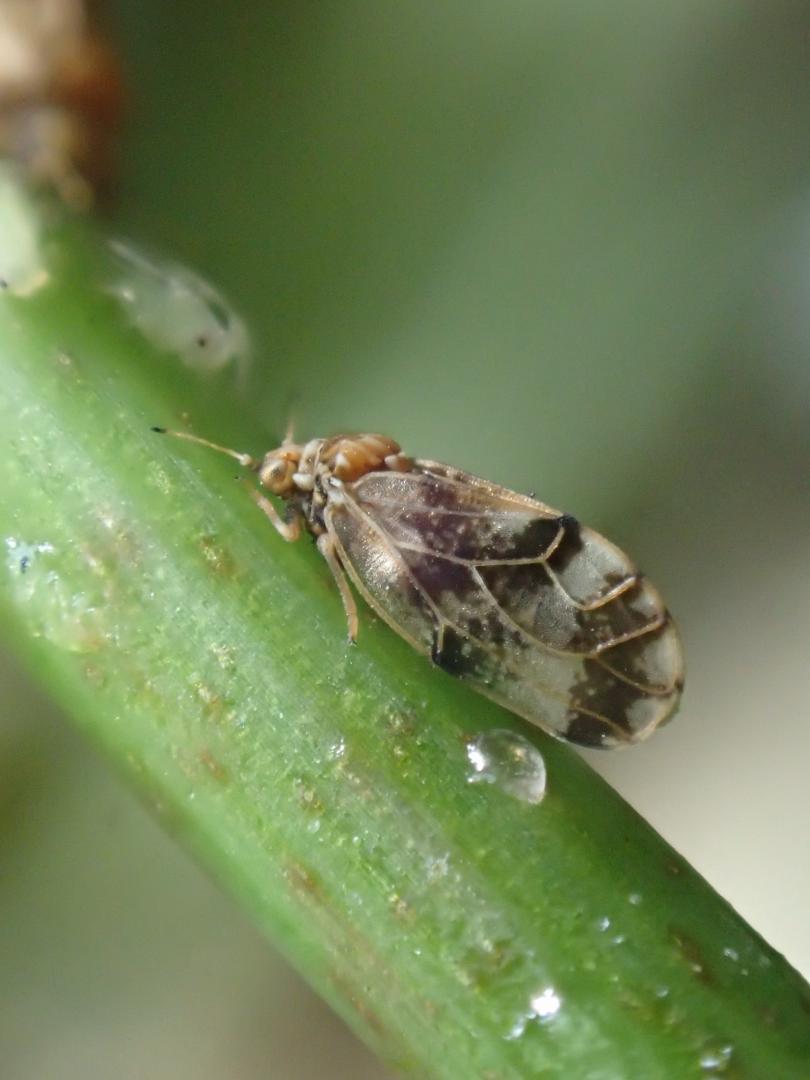ECOLOGISTS have turned to parasitic bugs and fungi to control invasive plants along the River Tees.
A tiny sap-sucking bug, the psyllid, is being released by the Tees Rivers Trust to tackle Japanese knotweed at control sites along the river, while a rust fungus specific to Himalayan balsam has also been released.
The Trust has 11 Himalayan balsam and five Japanese knotweed biological control sites in the Tees Catchment area, including one at Barnard Castle. Project officer Jennifer Gant said the creation of the sites should allow native plants to reestablish and increase biodiversity.
She added that once the sites are established the biological control agents will naturally spread to other areas affected by Himalayan balsam and Japanese knotweed.
Ms Gant said: “Both the natural and cultural heritage of the River Tees and its tributaries are at risk due to the presence of invasive non-native species. A typical 100m transect of a stretch of the Tees in its middle and lower reaches contains approximately 60 to 100 species of flora and fauna, whereas a similar sized stretch colonised by invasive plants comprises little else other than invasive species such as Japanese knotweed and Himalayan Balsam.
“These plants also cause issues with riverbank erosion and access, and in the case of Japanese knotweed, damage to property.”
She said the aim of the project is to create a more sustainable, cost-effective and efficient way of controlling the plants, which has traditionally been controlled manually or through chemicals, which had been inadequate in keeping the plants in check.
The project was made possible through £179,000 in funding from the Green Recovery Challenge Fund set up by Defra. The biological control agents were produced by the Centre for Agriculture and Biosciences International (CABI).
ADVERTISEMENT
Sap-sucking bug being used to fight invaders
ADVERTISEMENT
ADVERTISEMENT
ADVERTISEMENT






